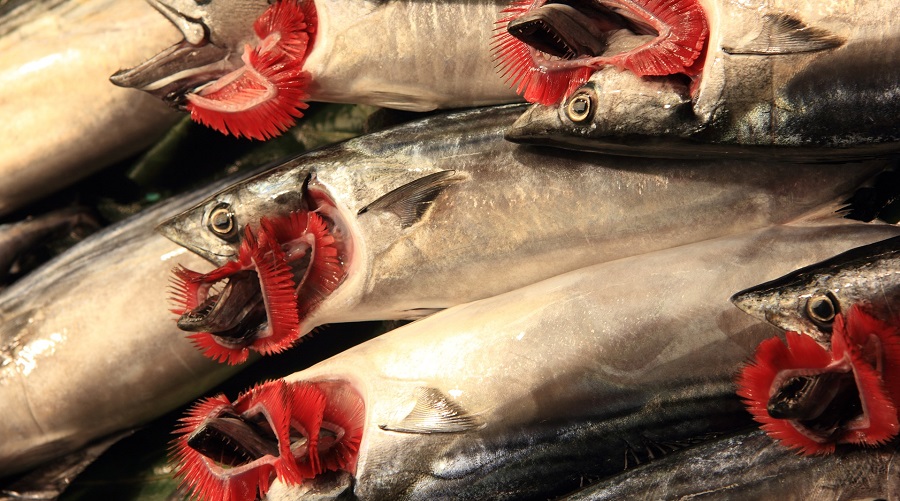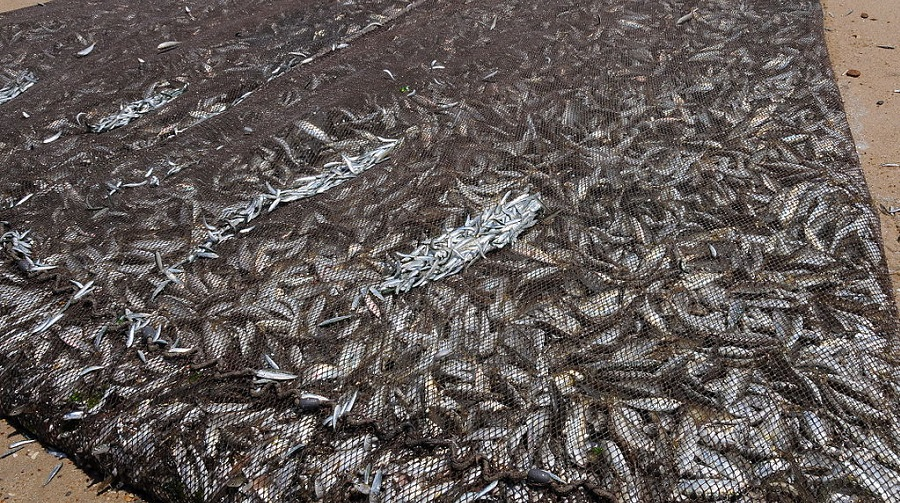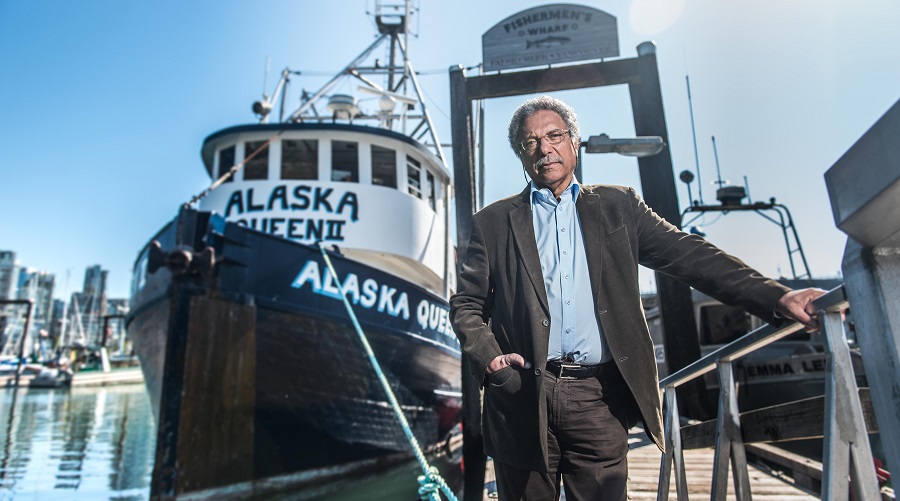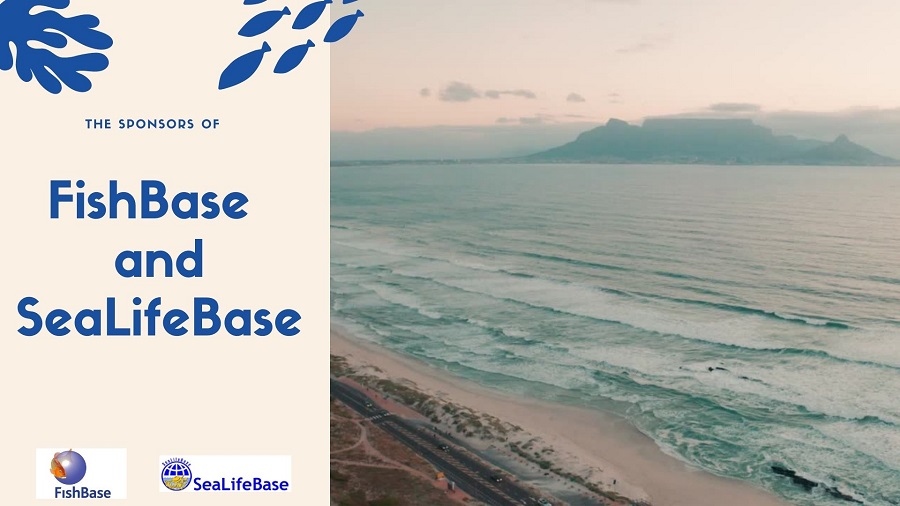The Sea Around Us Principal Investigator, Dr. Daniel Pauly, has been awarded the Beverton Medal for 2021 by the Fisheries Society of the British Isles in recognition of his groundbreaking research and lifelong contribution to the study of fish and fisheries science.
Category: New & Notable
Understanding why fish grow the way they do and getting serious about it

Fish gills. Image by 2427999, Pixabay.
The distribution and concentration of dissolved oxygen and water temperature in the oceans and freshwaters are usually far more influential in shaping the growth and reproduction of fish than the distribution of their prey.
In a new paper in Science Advances, Daniel Pauly, principal investigator of the Sea Around Us initiative at UBC’s Institute for the Oceans and Fisheries, argues that scientists need to avoid attaching human attributes to fish and start looking at their unique biology and constraints through a different lens.
Fisheries managers should not abuse Maximum Sustainable Yield

Fish net in Mira, Portugal. Reference photo by Joseolgon, Wikimedia Commons.
In fisheries management, Maximum Sustainable Yield or MSY refers to the theoretical highest catch that a fish stock can support in the long-term, given that environmental conditions do not change much.
Who supports FishBase and SeaLifeBase?
Maintaining big data projects takes a lot. A lot of people to conduct research, populate databases, verify information, make the data accessible. It also requires a lot of material and financial resources.
World Fisheries Day 2020 – what research has found
November 21st marks World Fisheries Day.
According to the Institute for Fisheries Resources, this day has been celebrated since November 21st, 1997, when the World Fisheries Forum (WFF) was officially established in New Delhi, India. This non-profit organization is now known as the World Forum of Fish Harvesters and Fishworkers.





